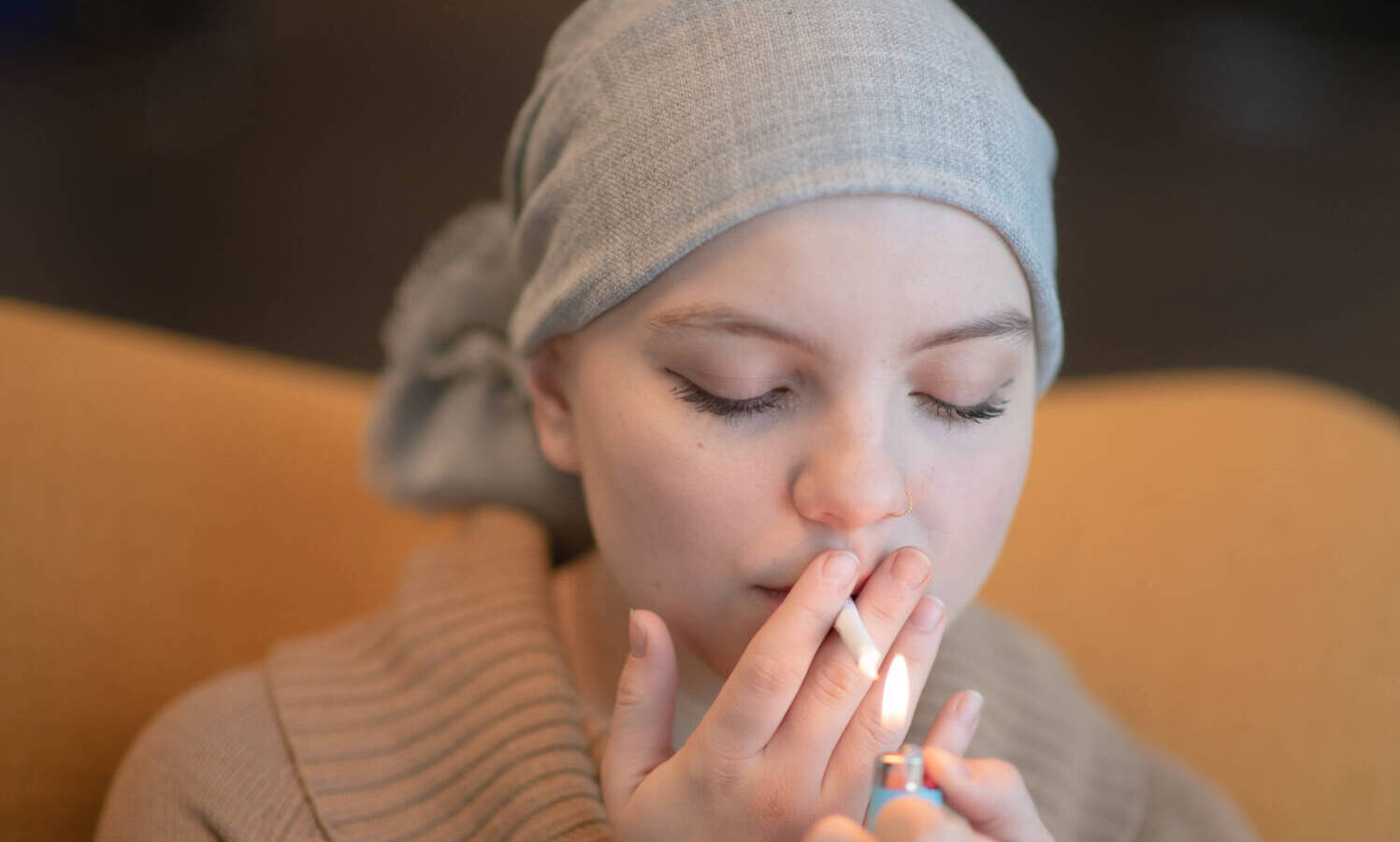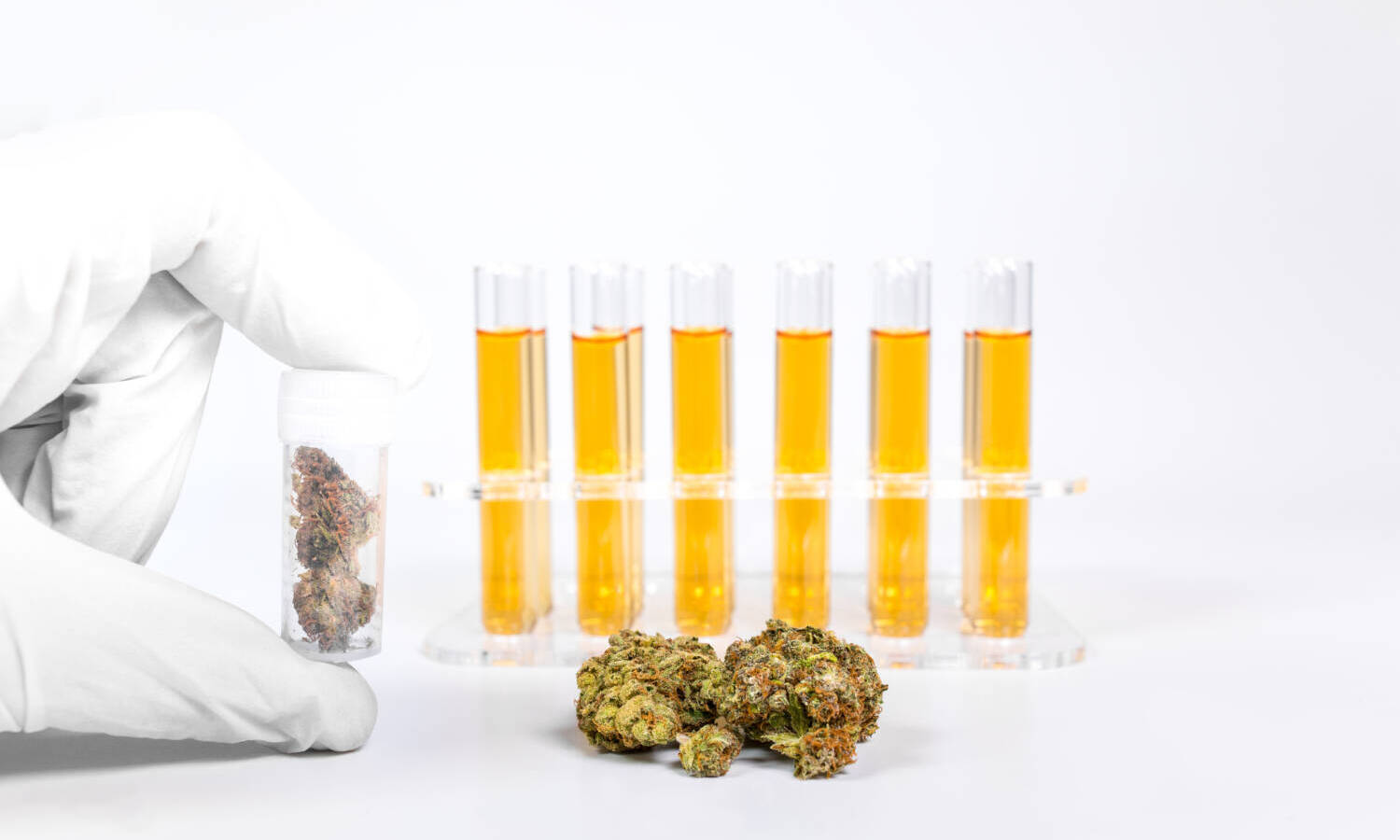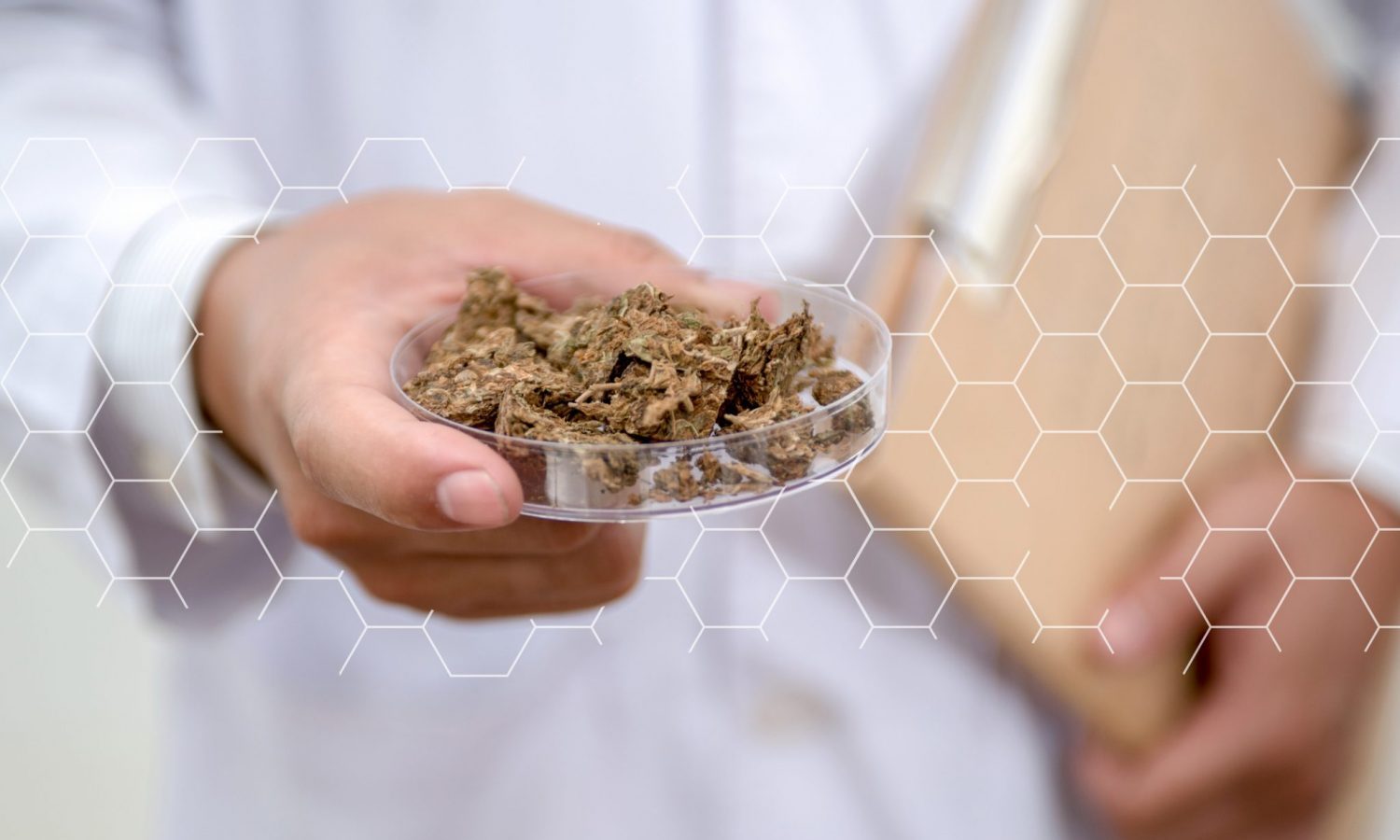National Institutes of Health said that research about the health effects of cannabis use remains limited, even though one in four cancer patients have reported using cannabis products to manage their symptoms.
By
In cancer patients, cannabinoids have primarily been used as a part of palliative care to help alleviate pain, reduce inflammation, relieve nausea and stimulate appetite.
However, with the field evolving rapidly over the past years, thanks to both legislative efforts and push from marijuana advocates, some early clinical trials and studies of cannabinoids in treating cancer in humans have been in motion lately.

RELATED: It’s Official: House Approves Bill To Further Expand Medical Marijuana Research
Last week, the federal government took a step forward in promoting financing opportunities for researchers to study the benefits and risks of marijuana for patients who have cancer.
National Institutes of Health (NIH) said on Thursday in a notice of special interest that research about the health effects of cannabis use, including both potential harms and benefits, remains limited, even though one in four cancer patients have reported using cannabis products to manage their symptoms.
NIH’s National Cancer Institute said that the request seeks to “promote research in understanding the mechanisms by which cannabis and cannabinoids affect cancer biology, cancer interception, cancer treatment and resistance, and management of cancer symptoms.”
The agency provided an overview of the existing research into the connection between cannabis and cancer, as well as a list of the following areas of interest that researchers should investigate:
- Understanding how exogenous cannabis and cannabinoids affect cancer development (preneoplasia through malignancy) and biology, including the tumor microenvironment;
- Understanding how endogenous cannabinoid pathways influence cancer development and biology;
- Defining the effects of cannabis and cannabinoids on cancer treatment (particularly targeted treatments and immunotherapy) and the development of treatment resistance;
- Understanding the use of cannabis and cannabinoids in cancer interception and delineating how endocannabinoid signaling pathways may inhibit early cancers;
- Defining the mechanisms of cannabis and cannabinoid action in alleviating symptoms of cancer and cancer treatment (such as pain, nausea, and neuropathy);
- Understanding the combinatorial effects of cannabis and cannabinoids in conjunction with other factors (such as tobacco constituents, alcohol, microbiome or diet) on cancer biology, treatment and symptom management;
- Identifying biological mechanisms underlying disparities in sex or ethnicity in cannabis and cannabinoid action in cancer biology, treatment or symptom management; and
- Developing or validating new and human-relevant model systems to understand cannabis and cannabinoid action in cancer biology, treatment or symptom management.

The agency also said that epidemiological studies of cannabis use and cancer risk “have yielded limited and inconsistent results,” adding that “studies that integrate expertise from multiple disciplines, incorporate state-of-the-art, human-relevant models (e.g., organoid or patient-derived xenograft models) and utilize advanced technologies and methods are strongly encouraged.”
Cannabinoids In Cancer Treatment
So far, several studies have yielded encouraging results.
Researchers at the Medical College of Georgia at Augusta University provided some hope to those suffering from brain tumors through a new study that revealed that inhaled CBD shrinks the size of glioblastoma tumors in an animal model.
RELATED: CBD Restricts Tumor Growth In Cancer Patients, Finds New Study
Last year, Cancer charities and the U.K.’s National Health Services (NHS) launched a study to determine whether Sativex, a cannabis-based mouth spray, combined with chemotherapy medication -temozolomide – can help kill glioblastoma tumor cells and extend the overall length of patients’ lives.
Another study, conducted by Hadassah Medical Center physicians, revealed a sixfold improvement in killing breast cancer cells when using specific Cannabotech’s (CNTC.TA) medical cannabis products in combination with standard oncology treatments and drug protocols – chemotherapy, biological and hormonal, over the existing treatment.
RELATED: Cannabis And Breast Cancer: What A New Study Reveals
Moreover, Cannabotech, which is also involved in the development of a botanical drug based on an extract of the Cyathus striatus fungus and a cannabinoid extract from the cannabis plant, reported last month that in experiments conducted on a cell model, the fungus extract eliminated 100% of pancreatic cancer cells relatively selectively and without damaging normal cells.

Marijuana & Research
In the meantime, the York County, PA-based Groff North America recently claimed to be the first company in the U.S. to introduce its cannabis crop for legal medical research. The news came some ten months after the DEA announced it would begin approving applications allowing some marijuana growers to become federally authorized to cultivate the plant for research purposes.
White House press secretary Jen Psaki recently said that approving additional cannabis manufacturers for scientists is “a key step in promoting research because it broadens the amount and quality of cannabis available for research purposes.”
This article originally appeared on Benzinga and has been reposted with permission.


